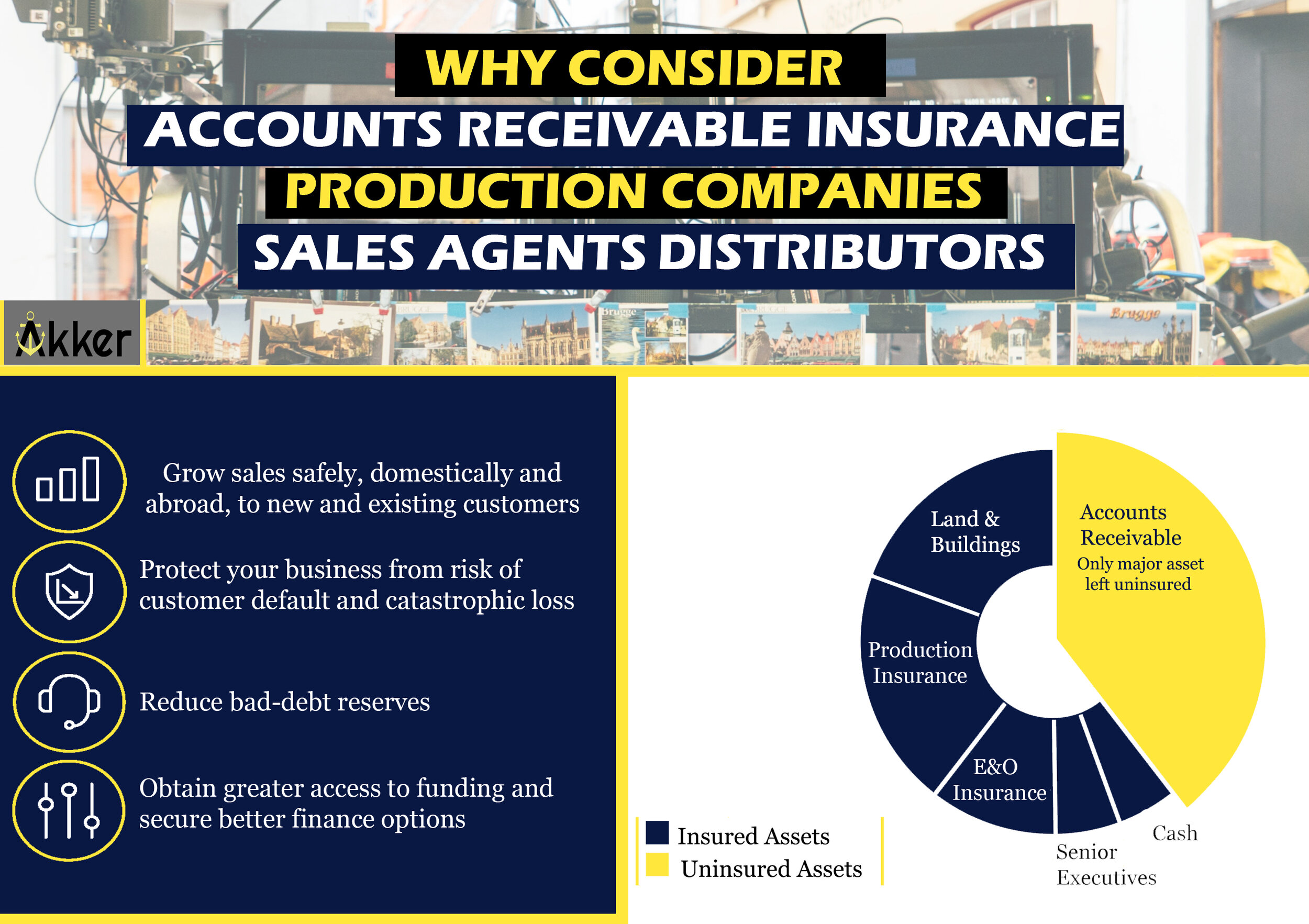3rd Party Property Damage
Protecting Your Film Set: The Importance of Third Party Property Damage Insurance and Safety Protocols
When it comes to making a movie, film insurance is an important aspect that cannot be ignored. This insurance covers a wide range of potential losses that can occur during the course of filming. One such aspect of film insurance is third party property damage insurance, which is designed to protect against damage caused to third-party property during the filming process.
Third party property damage insurance is a type of liability insurance that covers damages that occur to property that belongs to third parties. This insurance is important for film makers as it covers any damage caused to locations used during filming, including damage caused to the set. If a film set is damaged during the course of filming, this insurance will provide financial compensation for the damages.
The coverage provided by third party property damage insurance varies depending on the policy. Typically, it will cover damages caused by accidents such as fire, water damage, and other types of property damage that occur during the course of filming. However, it is important to review the policy to ensure that it covers all potential risks associated with filming.
In addition to having third party property damage insurance, there are several steps that filmmakers can take to protect their film set. The first step is to conduct a thorough location scout before filming. This will help identify any potential hazards or risks associated with the location and allow filmmakers to take steps to mitigate these risks.
During filming, it is important to have a designated safety officer on set to monitor the production and ensure that everyone is following safety protocols. It is also important to have appropriate safety equipment on hand, such as fire extinguishers, first aid kits, and protective gear.
After filming is complete, it is important to conduct a thorough review of the location to ensure that there is no damage to the property. This can include a walkthrough of the location to identify any potential damage caused during the course of filming. If any damage is identified, it should be documented and reported to the insurance company as soon as possible.
In conclusion, film insurance is an important aspect of making a movie, and third party property damage insurance is a key component of this insurance. This coverage provides financial protection against damages caused to third-party property during filming, including film sets. Filmmakers can take steps to protect their film set by conducting a thorough location scout, having a designated safety officer on set, and reviewing the location after filming is complete. By taking these steps and having appropriate insurance coverage, filmmakers can protect themselves and their production from potential financial losses.









